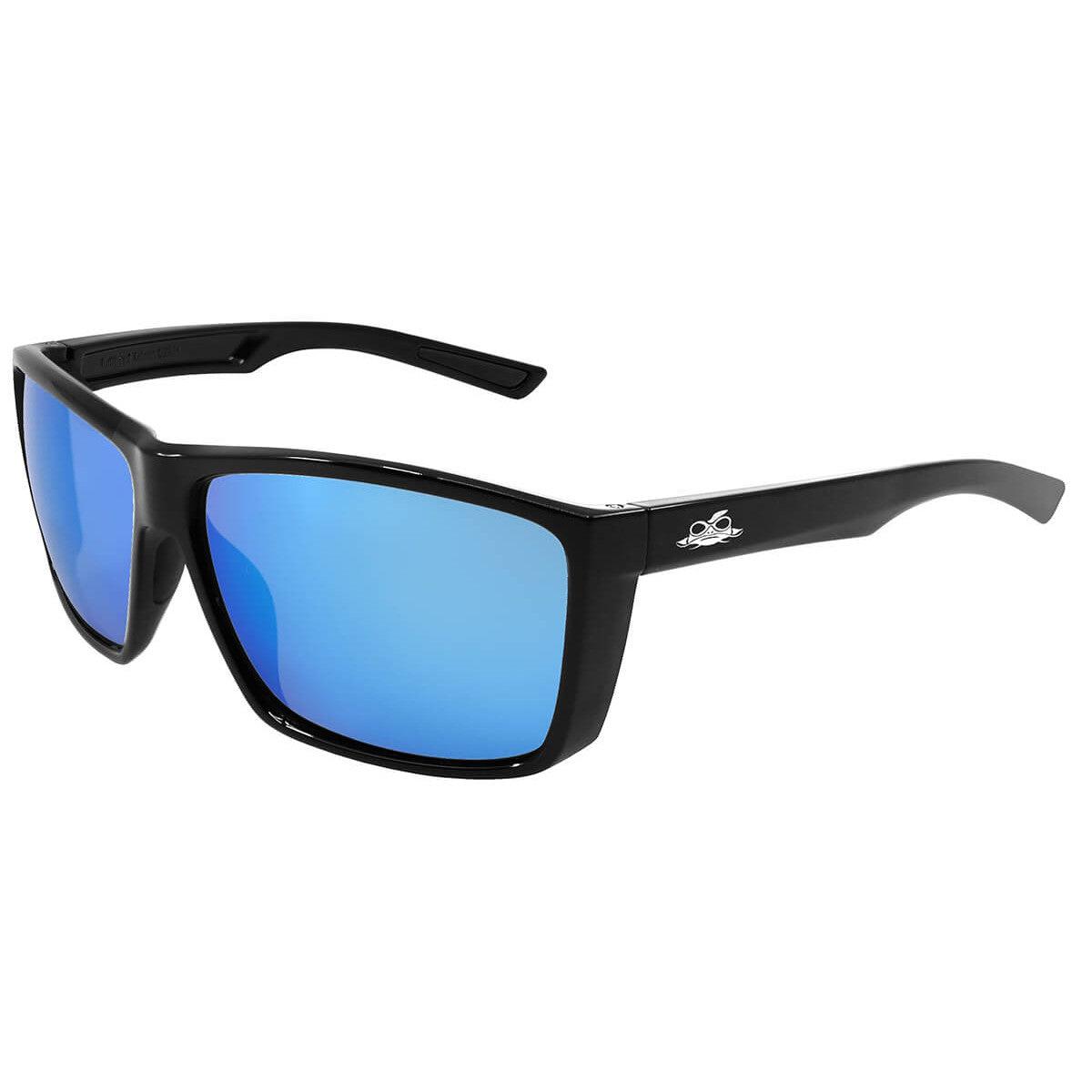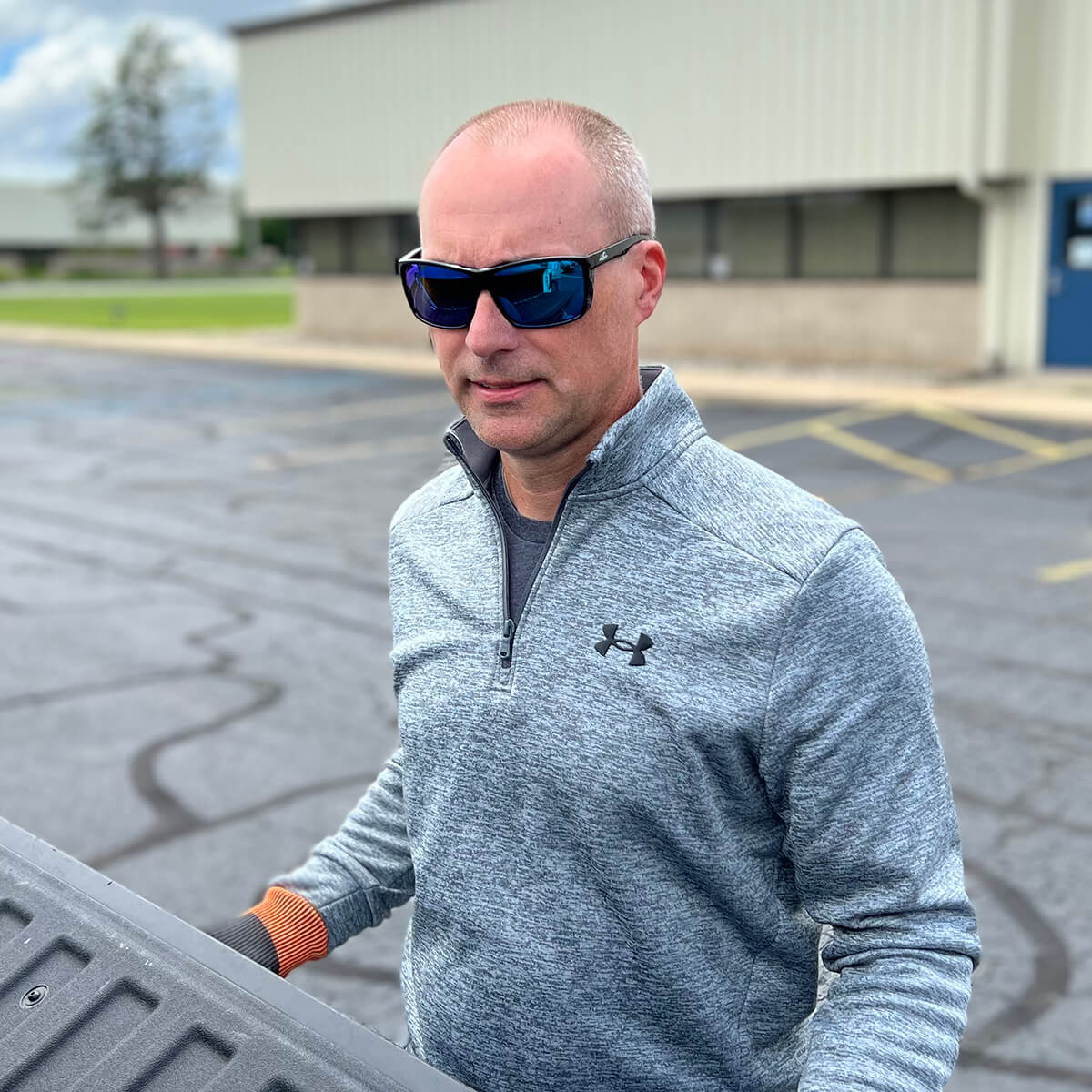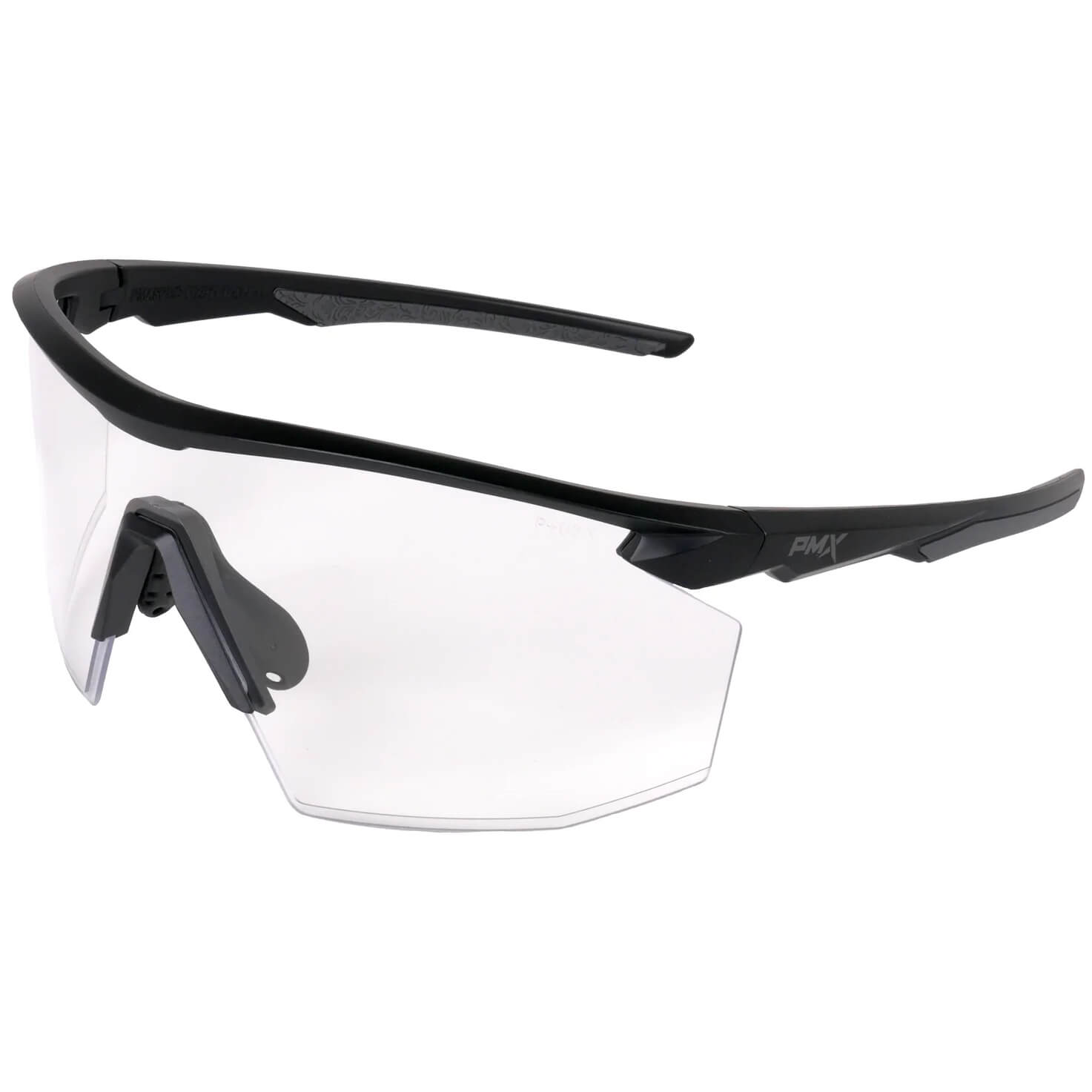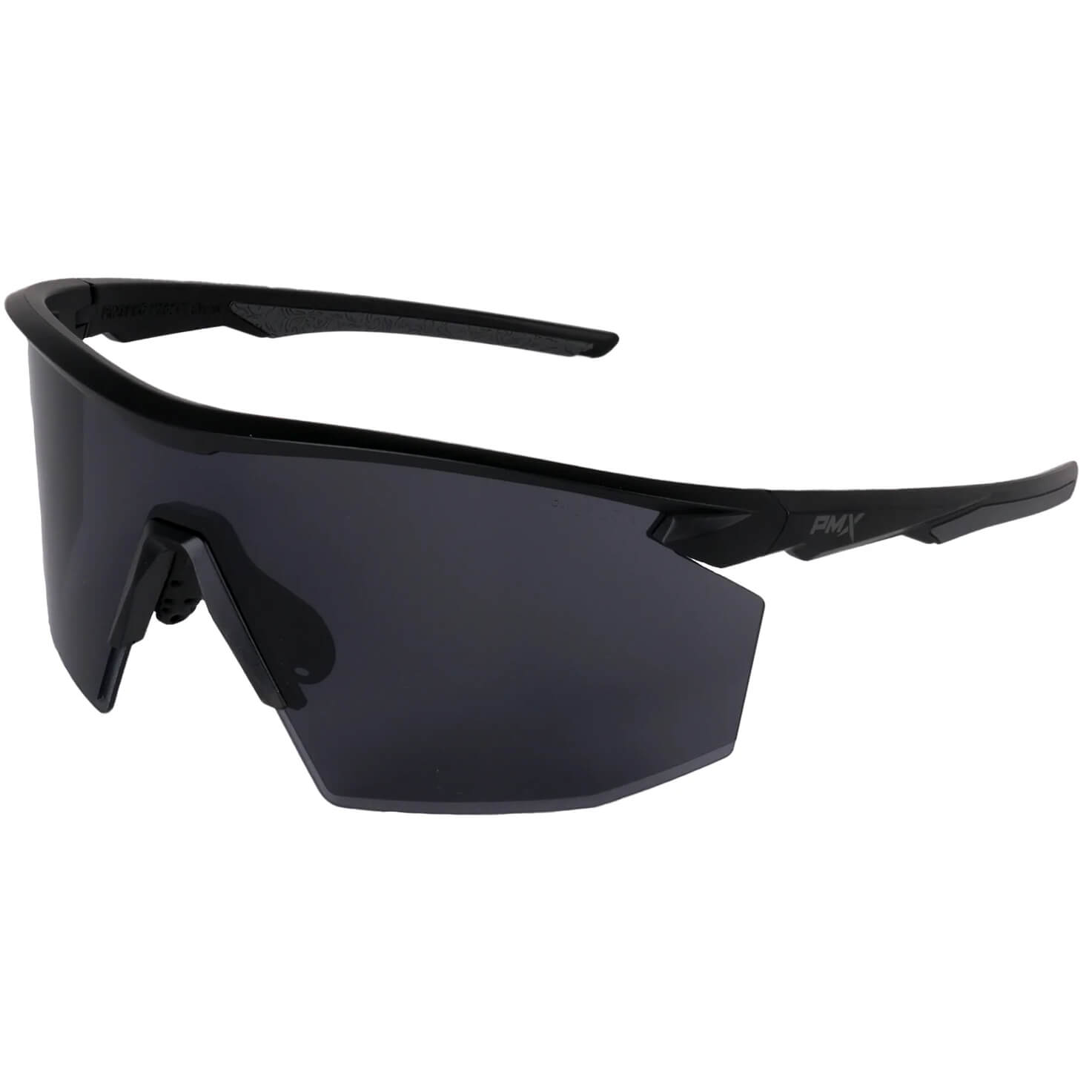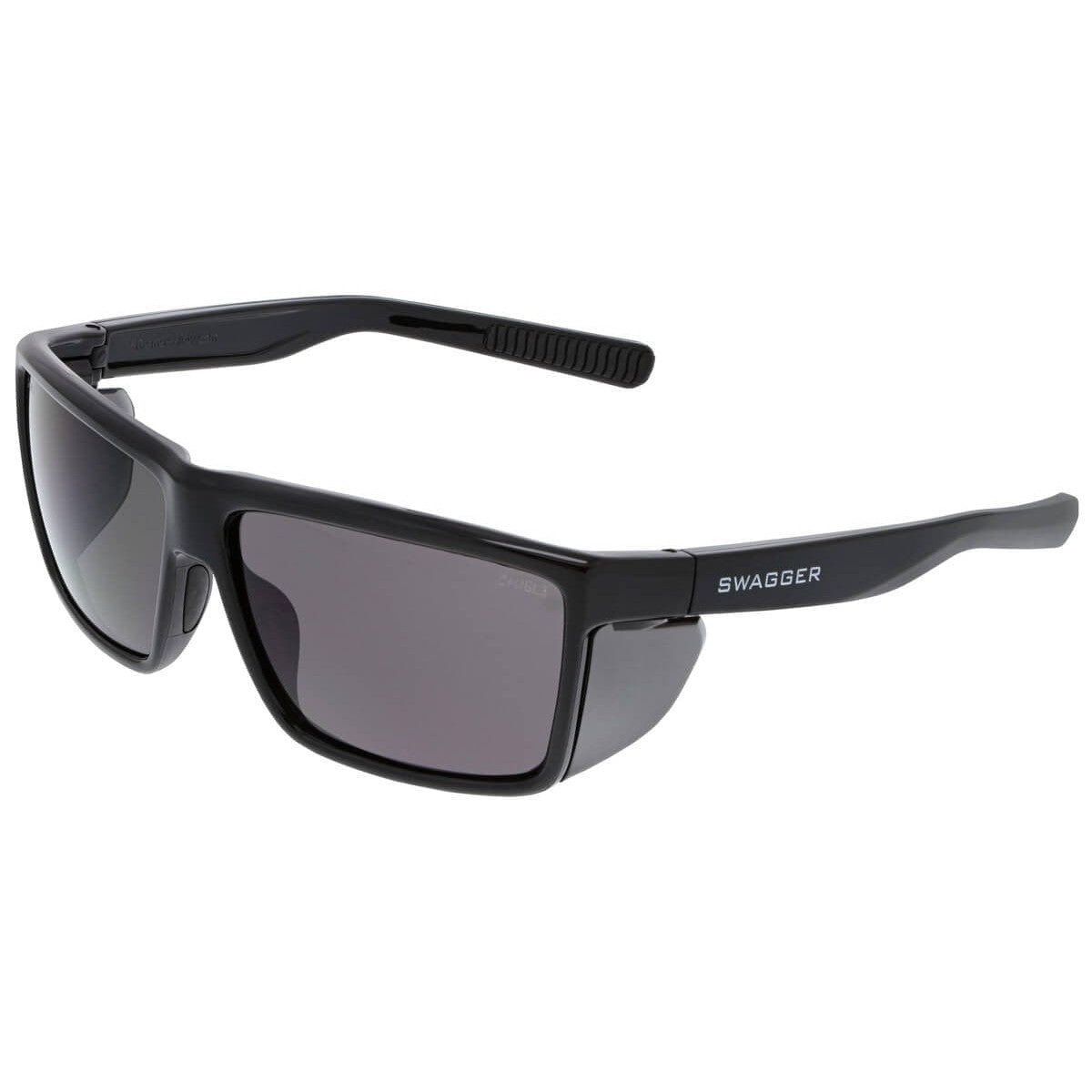Myth #1: Sunglasses with 99.9% UV protection are expensive
False: You do not have to pay a premium for proper UV protection. While more expensive sunglasses may offer more stylish frames, higher quality lenses, sharper images, and less glare, it is very easy to find inexpensive glasses that provide 99.99% UV protection.
Polycarbonate lenses naturally block 99.9% of harmful UV rays even with a clear lens. The TODAY show purchased several pairs of glasses for $19.99 at a national sporting goods store. They all lived up to their claim of 99.9% UV protection when tested.
Cheap $5 sunglasses are capable of offering 99.9% UV protection. Polycarbonate is a relatively inexpensive material, and with its natural attribute that blocks 99.9% UV light, it's a perfect choice for sunglass and protective eyewear manufacturers.
Myth #2: Lenses with darker tints are more protective than lenses with a lighter tint
False: The tint of the lens has nothing to do with the UV protection of the glasses. A clear lens with no tint and 99.9% UV protection is better for your eyes than dark, heavily tinted sunglasses without UV protection. In fact, dark lenses without adequate UV protection are worse for your eyes than not wearing glasses because the dark tint causes our pupils to become dilated, thus exposing your eyes to more harmful UV light.
Myth #3: You should have UV coating put on your lenses for extra protection
False: If your glasses already have UV protection or are polycarbonate, they do not need to have added protection put on them.
Myth #4: Photochromic lenses don't block out UV rays as well as regular sunglasses
False: As long as they offer 99.9% UV protection, photochromic (such as Transitions-brand lenses) lenses provide the same level of UV protection as regular sunglasses.
Myth #5: Polarized, anti-glare lenses are all you need to protect your eyes from UV rays
False: While polarized and anti-glare lenses may offer better image clarity and a more comfortable viewing experience and provide better vision when driving or playing sports, they have nothing to do with UV protection. That said, most polarized lenses also offer adequate UV protection, be it polycarbonate lens material or coating. Check with your local retailer, or ask us if you aren't sure!
Myth #6: Lens color is important when it comes to blocking UV rays
False: Like lens tint, lens color does not protect your eyes from UV rays.
Myth #7: Yellow- or amber-tinted "Blue Blocker" lenses offer more protection than regular sunglasses
False: While some experts argue that the so-called "Blue Blocker" lenses block other harmful light waves, research has yet to prove this. Although "Blue Blocker" may reduce eyestrain, it is not guaranteed to block UV light.
Myth #8: Children don't need sunglasses as much as adults
False: Children often spend even more time in the sun than adults and need proper UV protection just as much, if not more. UV light is a long-term danger. Like smoking, you should protect your child from it to prevent long-term, late-life problems.






